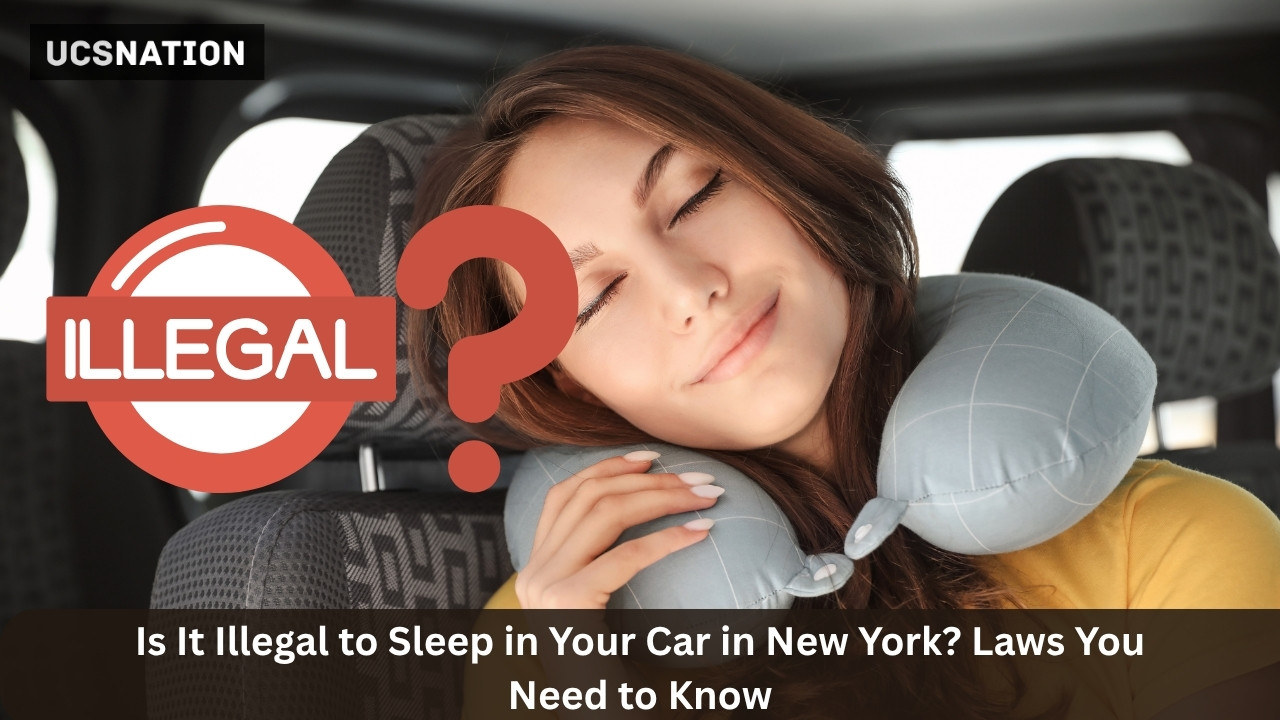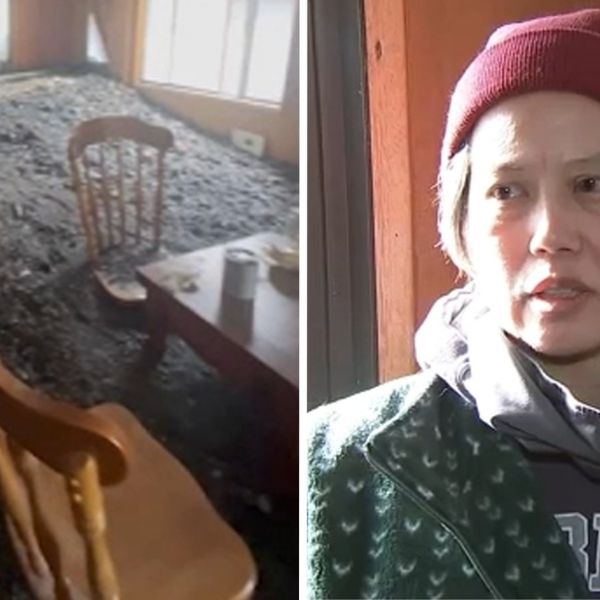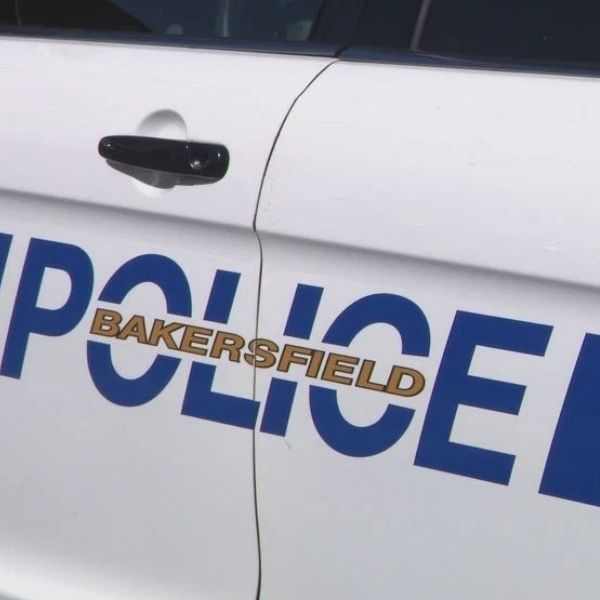Whether you’re on a long road trip or facing an unexpected situation, you might think about sleeping in your car. In New York, the laws around this topic can be confusing and are often misinterpreted. While there’s no statewide ban on sleeping in your vehicle, various local rules and other factors come into play.
If you need to rest in your car, knowing the possible consequences is essential. Staying informed can help you steer clear of legal trouble and keep yourself safe.
Is Sleeping in a Car in New York Generally Illegal?
New York City, the largest city in the state, doesn’t have specific laws that ban sleeping in your car. However, several local rules can affect your ability to do so. These include restrictions on overnight parking, time limits for leaving a vehicle in one spot, and regulations about engine idling.
Most neighborhoods have strict overnight parking restrictions, and local officers often enforce these rules vigilantly. Sleeping in your car in NYC is likely to result in a ticket, towing, or—at the very least—an encounter with law enforcement. The city’s policies are designed partly to manage issues of homelessness and public safety, so enforcement is strict in business districts, residential neighborhoods, and areas near tourist attractions.
Rest Areas and Highways
Along highways, rest areas play a crucial role for drivers needing to rest. You may lawfully sleep in your car at a New York State rest area for up to three hours. Choosing to spend the night or camp out in these facilities is not permitted, and longer stays may result in intervention from state officials or law enforcement.
Parks and Natural Areas
Sleeping in your car in a New York park, including places like the Adirondacks or state campgrounds, comes with its own set of rules. Vehicle dwelling near park land—especially within 150 feet of any road unless using an established campsite—is illegal. Certain areas require both registration and a valid camping permit, and sleeping in your vehicle outside those designated locations may result in eviction or fines.
Residential and Private Property
When parked on residential streets or private property, always get permission from the owner or verify posted signs and neighborhood rules. Trespassing or violating local ordinances can lead to fines or towing. Additionally, some housing and homeowners’ associations have their own restrictions against vehicle dwelling.
Parking Regulations: The True Gatekeeper
Most legal trouble associated with sleeping in your car arises from parking regulations rather than sleeping itself. New York’s cities and towns enforce strict parking rules designed to keep streets safe and organized. These include:
- Time limits for how long you can park in a single spot.
- Street cleaning schedules, requiring vehicles to be moved.
- Designated no-parking zones, including fire hydrants and bus stops.
- Restrictions in residential areas and commercial zones.
Violating these rules—even if you’re just resting—can result in parking tickets, fines, or towing.
DWI and Sleeping While Intoxicated
If you’ve consumed alcohol, sleeping in your car can be risky from a legal standpoint. New York law prohibits “operating” a motor vehicle while impaired, and turning on your engine (for heat or air) can count as “operating” under the law—even if you don’t drive. This technicality means that you can be charged with Driving While Intoxicated (DWI) simply for sleeping in a running car while drunk.
Legal Exceptions and Special Circumstances
Certain situations can complicate matters:
- Commercial vehicles face stricter regulations, especially in residential districts.
- Using a car as a long-term residence is treated differently than taking a nap while traveling.
- Campgrounds and some private parking lots require permission but may allow car sleeping.
- Private property, including grocery and big box store lots, may permit overnight parking—often at manager’s discretion.
If you’re on private property and the owner objects, you could be ticketed for trespassing.
Tips to Avoid Legal Trouble
If you must sleep in your car in New York, consider these best practices:
- Park legally, observing all signs, meters, and posted restrictions.
- Avoid drawing attention—use window covers, but don’t fully obscure windows.
- Do not appear intoxicated or disorderly.
- Respect local noise and conduct standards.
- Move your car at regular intervals and avoid extended stays in one spot.
- If approached, cooperate fully with law enforcement and explain your situation calmly.
Safe Parking Options for Overnight Sleeping
Safer choices for sleeping in your car include:
- Designated highway rest areas—observe parking time limits.
- Private RV parks or campgrounds with permission.
- Certain retail lots, such as Walmart or truck stops, but always check with management first.
- Well-lit, low-traffic areas away from pedestrian zones.
Conclusion: Know the Law, Stay Safe, Rest Responsibly
Sleeping in your car in New York is not categorically illegal, but parking laws, safety risks, and municipality-specific ordinances create a complex patchwork of regulations you must follow. Whether you’re seeking a safe place to rest mid-road trip or are grappling with homelessness, knowing these laws is the surest way to avoid fines, enforcement, or unsafe situations. Always park safely, follow local rules, and, when possible, seek alternatives that ensure both your safety and compliance with local regulations.















Leave a Reply